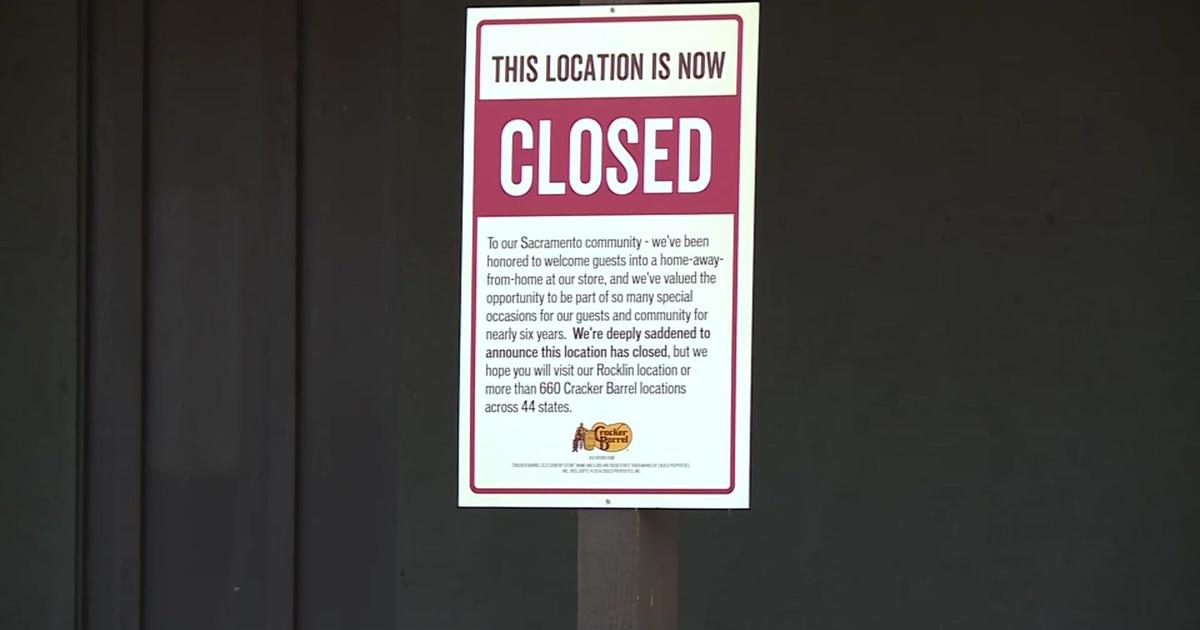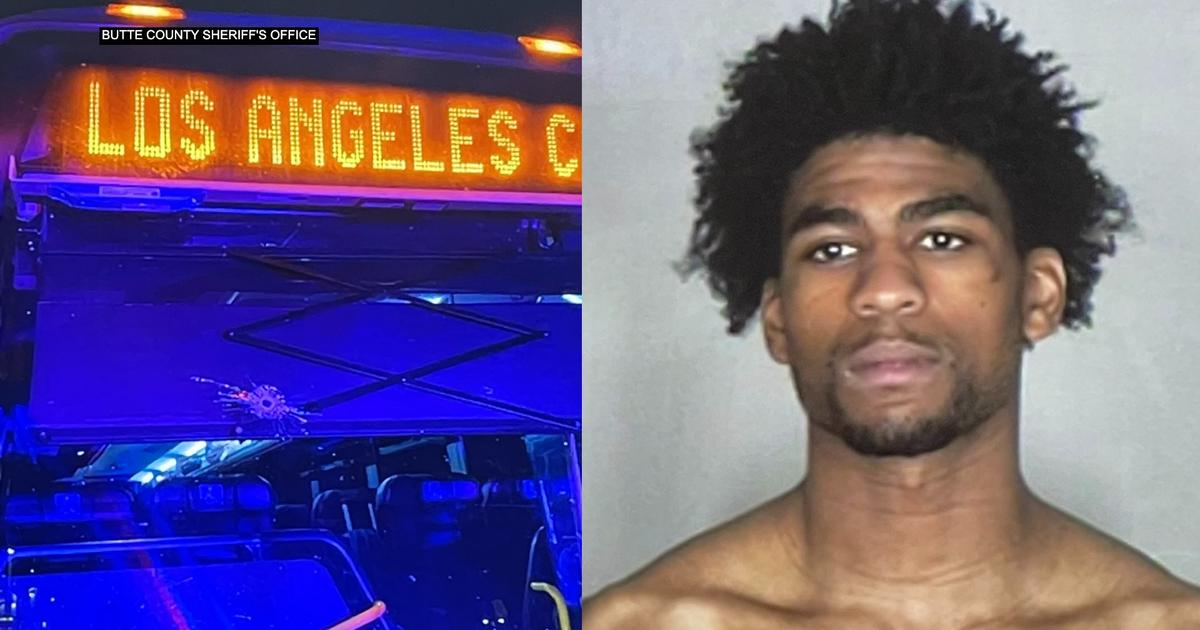Call Kurtis: Erasing Errors on Credit Reports
SACRAMENTO (CBS13) -- A study shows four out of five of us have mistakes on our credit reports. We've learned what may be a clear mistake to you is not one to the credit card companies.
Matt Battershell wants to buy a house, but he says a mistake on his credit report caused his credit score to plummet. "I've never thought of as someone with bad credit, because i've always had good credit," Matt said.
He says he paid off his credit card the amount he says Bank of America quoted him over the phone. Months later he realized a charge posted after he says he closed the account.
The late charges are now affecting his credit score. Al Bingham, author of The Road to 850 says the bank shouldn't have posted charges after Matt closed his account. He says the late charges dropped Matt's score fifty to sixty points keeping him from locking in low interest rates.
"It's going to make it much more difficult to get a loan, whether it be a mortgage, credit card, auto loan. You're going to pay much higher rates."
Several studies over the years have shown 70 to 80-percent of us have mistakes on our credit reports. The mistakes aren't always easy to spot. In fact, I didn't spot anything wrong with my report.
"I looked through it. I couldn't find anything. What did you find?" I asked Bingham. "A credit limit wasn't reported."
My Visa card isn't reporting my limit to the credit bureaus. Bingham calls it a mistake that can hurt my credit score because it could throw off my debt to credit ratio, which he says you always want to keep at less than 50-percent.
"How difficult is it for the average person to fix a mistake on their credit report?" I asked.
"It's extremely difficult."
Let's find out. Bingham says first you should reach out to the place that made the mistake. Go in person if you can. Matt tried to speak with a manager at his Bank of America branch in August.
"They said we'll get back to you." Matt says they never did.
Bingham says the next step is giving them a call. We've given Matt some notes.
"I'd like the balance to be cleared, the late payment removed, and it cleared off my credit report," he tells a bank representative over the phone.
We watch him talk to person after person over the span of an hour. After being passed to four people, Matt reluctantly agreed to pay his outstanding balance, but the bank refuses to remove the late charge from his credit report.
"It's their standard answer. I can't do it. We can't do anything," Bingham says.
Since August, Matt has followed Bingham's next steps.
-Sending a certified letter to the bank. That didn't work.
-Challenging the late charge with the three credit bureaus. They told him to take it up with the bank.
-The final step? Bingham teamed Matt up with an attorney last month.
"You get an attorney involved, they start backing off a little bit," Bingham says.
Not in this case. Bank of America rejected Matt's request to remove the late charge with his credit report.
Bank of America's corporate office is now saying their "records show that the customer paid off the balance amount, not the payoff amount that was provided to him. We are required to provide true and accurate payment history to the credit bureaus, and because this delinquency if valid, we cannot have it removed."
Matt insists he paid what they told him to pay.
So how did I do?
After struggling with my credit card company to report my limit, I made it to the step of challenging it with a credit bureau. Transunion agreed to post the limit on my report which Bingham says can raise my score 15 points.
We reached out to FICO for an interview but were turned down. It was interesting to hear FICO does not consider what happened to me a mistake.
The company behind credit scoring says, "The credit reporting system is strictly voluntary. Your lender can report as much or as little information to the credit bureaus as it wishes. Omitted information is not the same as inaccurate information."
If Matt wants, he could take Bank of America to court. He'll face a problem of proving the exact payoff amount he was given over the phone. He didn't get it in writing, and now the bank is saying it was different than the amount he paid.
You should also check your three credit reports once a year through annualcreditreport.com.
Federal Guide to Fixing Credit Mistakes: Part One | Part Two



